#SurvivingLagos: How Traffic Jam Threatens Relationships
Relationships in Lagos, Southwest Nigeria, are often determined by the affluence of time and proximity between partners. Some partners survive the turbulence but many struggle.
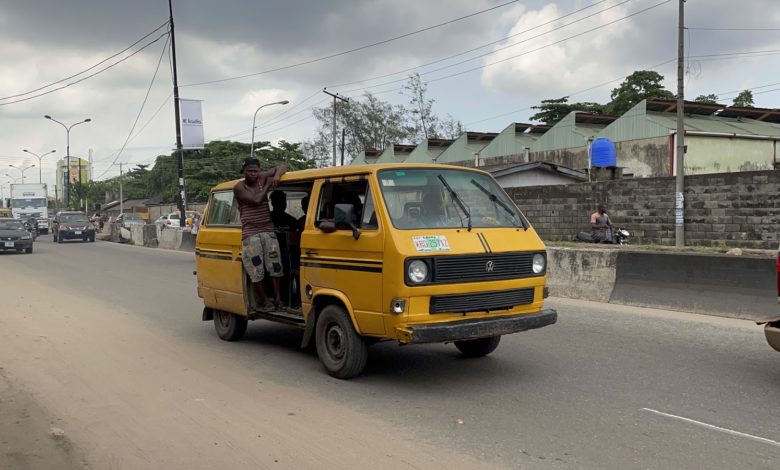
Lagos opens its arms to indigenes, migrants, visitors, and anyone who walks into it. Lagos gives opportunities, dreams, homes, money, and success. But as Lagos opens its arms and gives, it also takes. For many young people, the price they pay for Lagos’s success is their relationship.
The Southwest Nigeria state is small yet distant. Ideally, Lagos’s small land mass should mean that residents can move round it easily in a day. But its population density means millions of people have to compete on an insufficient road network. On this road network, love also competes.
“It is not you, it is the traffic.” This sentence is a familiar language that precedes several breakups in Lagos, as people struggle to meet up with dates, hangouts, or even have time for their partners.
One of such persons who is in a win-lose battle with Lagos and its traffic is Oluwasanmi Simi’.
Young, full-of-life and aspirations, Simi used to work as a spa manager in Ikoyi, a high-brow part of the city. In her pursuit for a better life, Simi struggled to balance the long travelling hours from the mainland with productivity at work and being an active partner in a relationship.
Consumed by the stress, Simi resigned from her office in April 2021, broke up with her partner, and repurposed her Lagos voyage.
“I had to resign from my office in April, the traffic stress was really taking its toll on me. I don’t close until 8:00 p.m. Before I get home it will be between 10 p.m. and 12 a.m. and I work from Monday to Saturday,” she said.
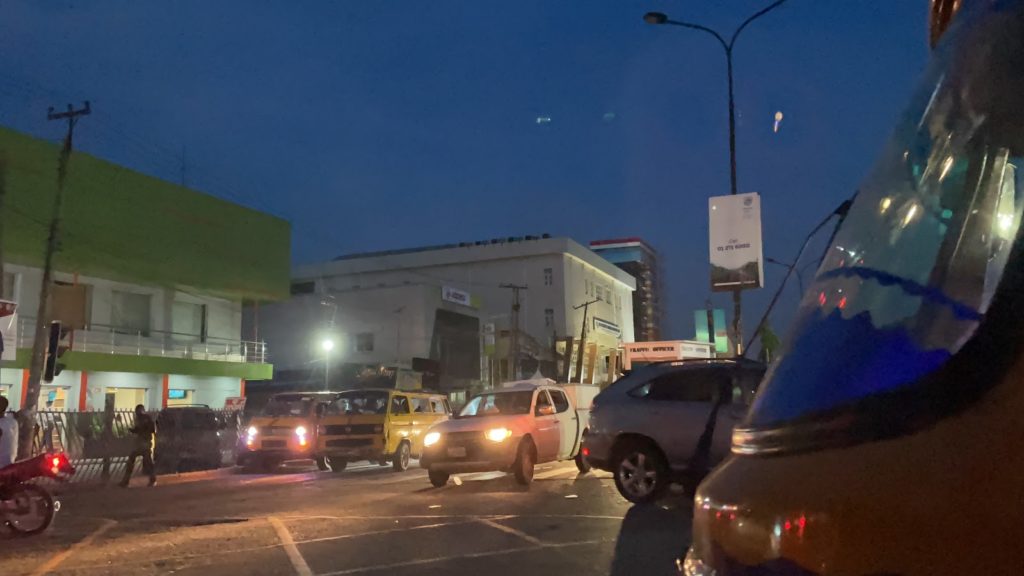
Being a single mum, Simi said Lagos traffic has created lots of issues for her, “Lagos traffic has affected my social life because I am a family person.” She added that it was not easy to juggle both work and parenting together and “I don’t have the capacity to hire a nanny.”
“The traffic really affected [my] previous relationship,” Simi tells HumAngle. Most of her time is spent jumping from bus to bus and with almost no time left in her day to be an active romantic partner.
“I do not have the luxury of hanging out. My Sundays are for church and preparing my baby for school and myself for work.”
Simi’s former job kept her in two places most of the time; on the road and at work. “I was living in Idimu and working in Ikoyi. I would sleep at 12 a.m. and I would wake up at 4 a.m. I also wake my son up at 4:20 a.m. to prepare him for the day. I had to resign when the stress was too much.”
When she was working at the job, she said she was stuck in traffic in at least four areas every day. Simi experienced near-standstill traffic at Oshodi, Ajao estate, 3rd mainland bridge, Osborne road inward Ikoyi, almost every day.
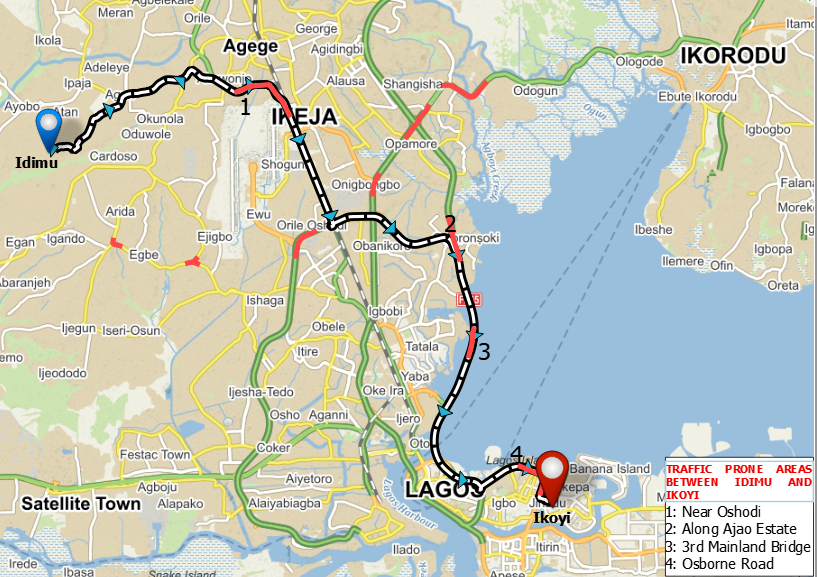
Simi has since tried her hands on new things. She told HumAngle that she is currently studying for a professional examination and improving on her side catering business. She also got a new job recently.
“Although I earn between N80,000 and N100,000, I spend N1,800 on transport every day. I spend more than half of my salary on transport,” she said.
Like a ‘Lagos babe,’ she is winging both a new job and a new relationship at a go. Her current relationship is a long-distance one and “I don’t have to think about that for now.”
It seems easier to have a relationship with a partner outside Lagos than with a partner in Lagos.
Like Simi, a telecommunications company worker, Kayode Sadiq, said traffic congestion has created heartbreak for him due to the “inability to check on your loved ones due to lateness in traffic and workload.”
Sadiq said the journey from his house in Okota to Victoria Island should not be more than an hour and 15 minutes without traffic, but “I spend at least 5 hours daily on the road due to traffic. I work from 8 a.m. to 5 p.m.”
“Typically, I wake around 5:20 a.m. and by a few minutes past 6, I should hit the road. I’m a late sleeper though, I sleep most times from past 12 a.m.,” he said.
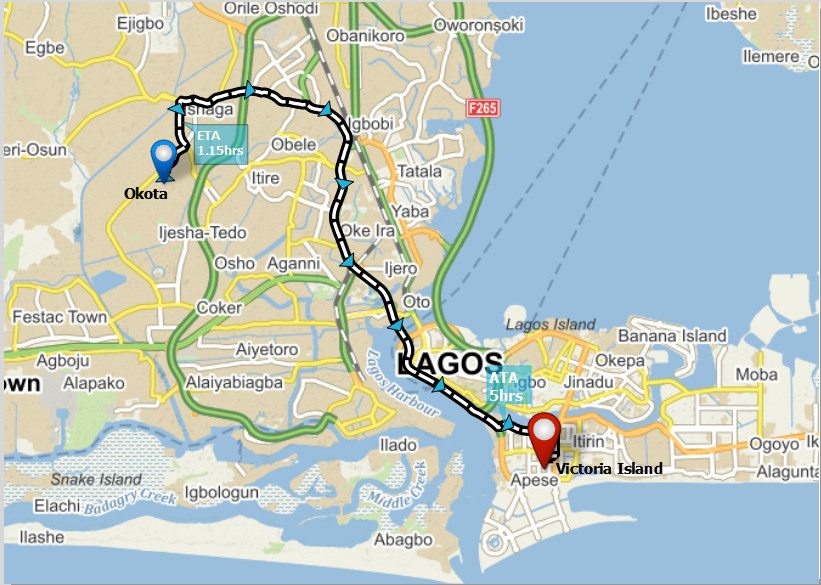
Joseph Eniafe, a Customer Service Officer, who lives in Abule Egba and works on the Island said staying long in traffic creates communication gaps between lovers.
“Well with relationships, staying long in traffic does reduce communication with a partner in some way because you try to avoid late night prolonged calls so you could attend to other things and still sleep early,” he said.
Like most Lagosians, Eniafe says he leaves his house around 5 a.m. if he is to get to work on time. “And pray you get a bus going to VI directly no later than 5:30 a.m. after which the chance of getting VI directly is so slim hence one might have to consider a bus first to Obalende before getting VI or down to Oshodi before getting VI,” he said.
Different strokes for different folks
Despite the headache the traffic congestion is causing for several relationships, some have found a way around it. Ayomide Oyeyemi who is resident in Shomolu, is one of such evaders.
Oyeyemi said her partner also resides in Lagos and traffic has never caused a problem in their relationship. “I am in a relationship and both of us are based in Lagos so he doesn’t complain. He knows I can’t control the traffic so we’ve never had issues based on that,” she said.
She said her major challenge is the physical and mental challenge caused by traffic. “There was a time when I was ill and always tired. I tried going to work but I couldn’t, I stayed off work for a couple of days but the doctor kept saying I am fine; no malaria, no typhoid after running some tests.”
At times, you have to call work that you can’t come to work the following day after a stressful day.
‘75 per cent of Lagos residents affected by traffic stress’ – expert
A mental health expert, Mariam Daramola, said about 75 per cent of Lagos residents seem to be affected by traffic stress.
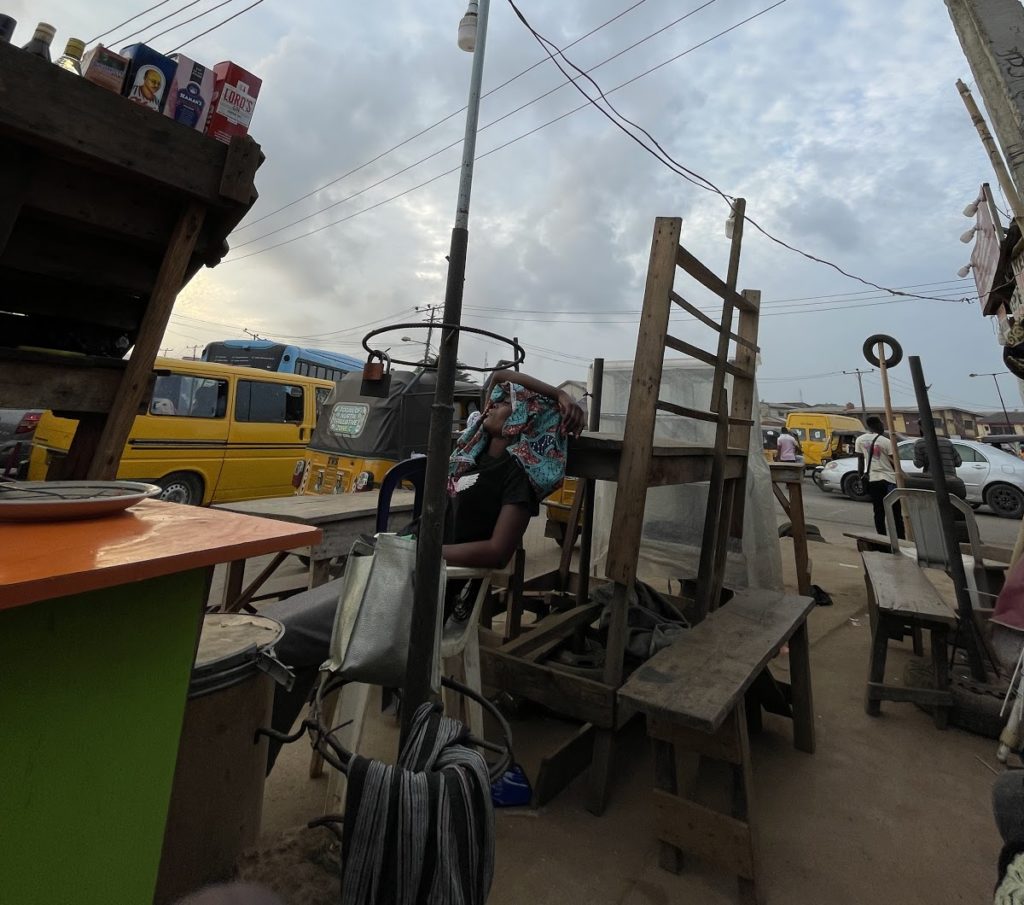
“For some people, getting out of the door on time each morning can be a very stressful experience, whereas others may be less affected with a great deal of pressure. Some people are more likely to experience stressful situations than others. For example, people with disabilities or long-term conditions are more likely to be stressed about their health or about stigma associated with their condition,” she said.
According to her, the following may help reduce traffic stress and mental health: “try to ensure that a line is drawn between work, leisure, and relationships. Take seriously the link between work-related stress, traffic stress and mental health. Try to reduce stress, for example through exercise, relaxation, or hobbies on off days. Also recognise the importance of protective factors, including exercise, leisure activities and friendships and relationships.”
This story is a part of the multimedia series titled ‘Surviving Lagos,’ where HumAngle highlights the challenges ‘Lagosians’ face every day to make ends meet and how spending long hours in traffic is affecting families and careers.
Support Our Journalism
There are millions of ordinary people affected by conflict in Africa whose stories are missing in the mainstream media. HumAngle is determined to tell those challenging and under-reported stories, hoping that the people impacted by these conflicts will find the safety and security they deserve.
To ensure that we continue to provide public service coverage, we have a small favour to ask you. We want you to be part of our journalistic endeavour by contributing a token to us.
Your donation will further promote a robust, free, and independent media.
Donate HereStay Closer To The Stories That Matter




